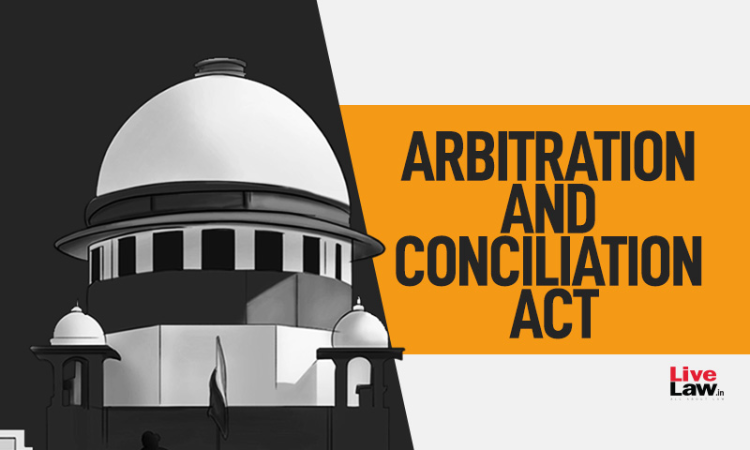Arbitrators Entitled To Charge Separate Fee For Claim & Counter Claim In Arbitration Proceedings : Supreme Court
Ashok KM
31 Aug 2022 11:18 AM IST

Next Story
31 Aug 2022 11:18 AM IST
The Supreme Court held that the term 'sum in dispute' in the Fourth Schedule of the Arbitration Act refers to the sum in dispute in a claim and counter-claim separately, and not cumulatively. "Arbitrators shall be entitled to charge a separate fee for the claim and the counter-claim in an ad hoc arbitration proceeding, and the fee ceiling contained in the Fourth Schedule will separately apply...
